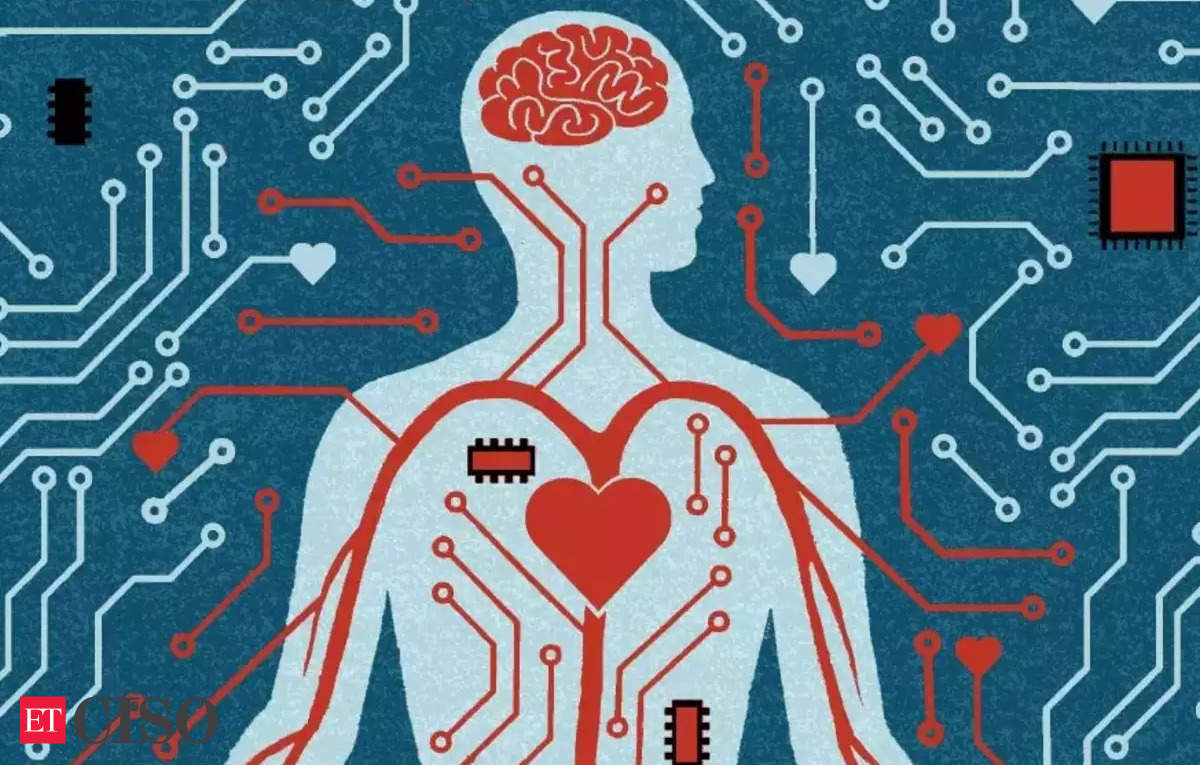
.1. AI’s Leap into the Biomedical Frontier.1. AI’s Leap into the Biomedical Frontier Artificial intelligence (AI) has emerged as a transformative force in various industries, including healthcare and biomedical research. With its remarkable capabilities in data analysis, pattern recognition, and prediction, AI is revolutionizing the way we understand, diagnose, and treat diseases. Precision Medicine AI enables the development of precision medicine approaches by analyzing vast amounts of patient data, including genetic, phenotypic, and environmental factors. This allows clinicians to identify disease risks, predict treatment responses, and tailor interventions to individual patients. Drug Discovery and Development AI is accelerating the drug discovery and development process. By screening large libraries of compounds and predicting their interactions with biological targets, AI can identify promising candidates for further investigation. It also facilitates clinical trial design and patient selection. Image Analysis and Diagnosis AI-powered image analysis tools are revolutionizing medical imaging. They can detect subtle changes in medical images that are imperceptible to the human eye, enabling early detection and more accurate diagnosis of diseases such as cancer, Alzheimer’s, and cardiovascular conditions. Biomarker Discovery AI is driving biomarker discovery by analyzing complex datasets and identifying patterns that correlate with disease. These biomarkers can serve as early warning signs or aid in the prognosis and monitoring of diseases. Personalized Treatment Planning AI assists in the development of personalized treatment plans by integrating patient data, clinical guidelines, and the latest research. This helps clinicians make informed decisions and optimize treatment outcomes for individual patients. Challenges and Future Prospects Despite the immense potential of AI in biomedicine, several challenges remain. These include data quality and availability, ethical considerations, and the need for expert collaboration to ensure accurate and responsible implementation. Moving forward, AI will continue to play an integral role in the advancement of biomedical research and healthcare. As technology evolves and datasets grow, we can expect even more transformative applications of AI in this critical field. By leveraging AI’s analytical power, we can unlock new possibilities and improve the lives of countless individuals worldwide.
Posted inNews